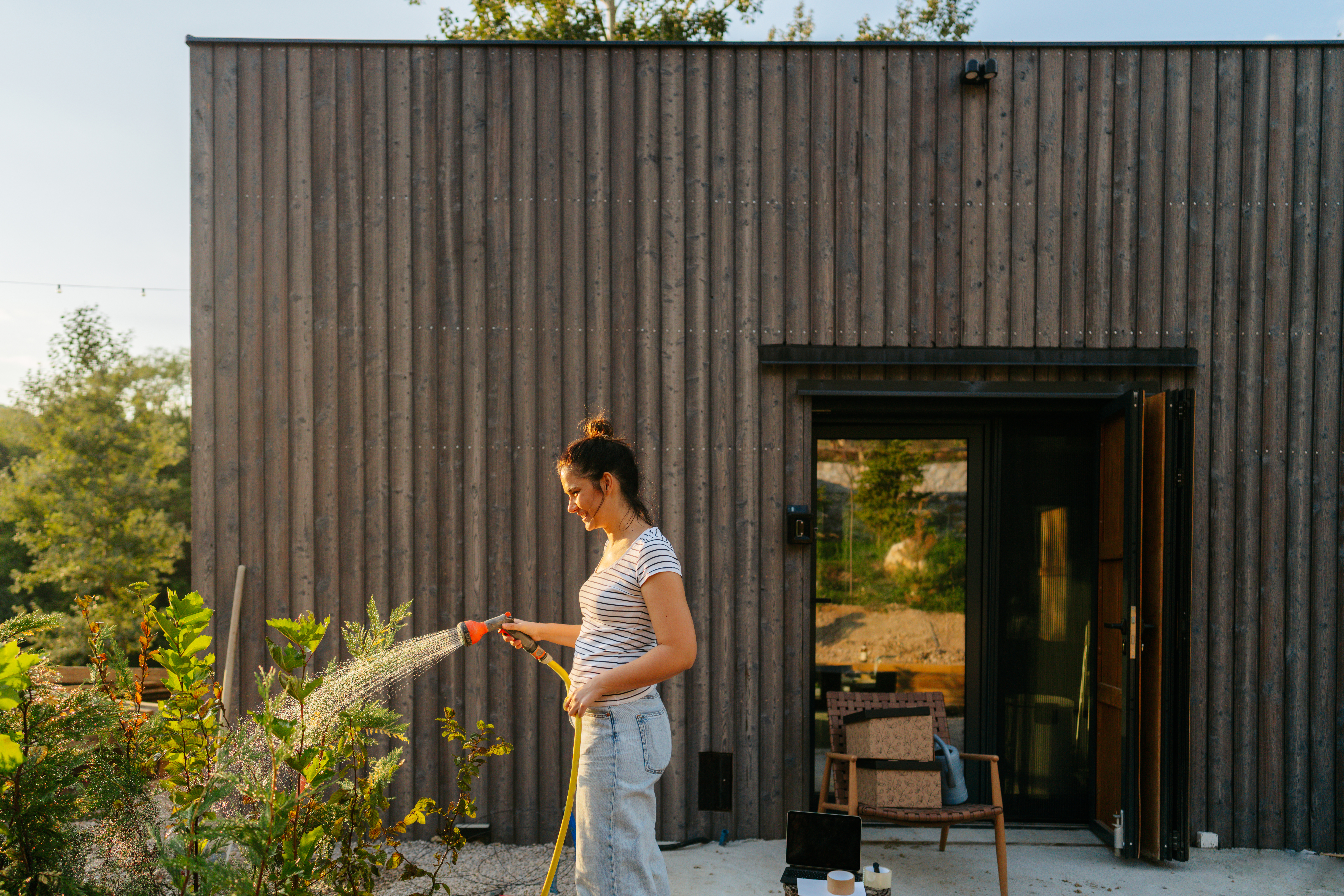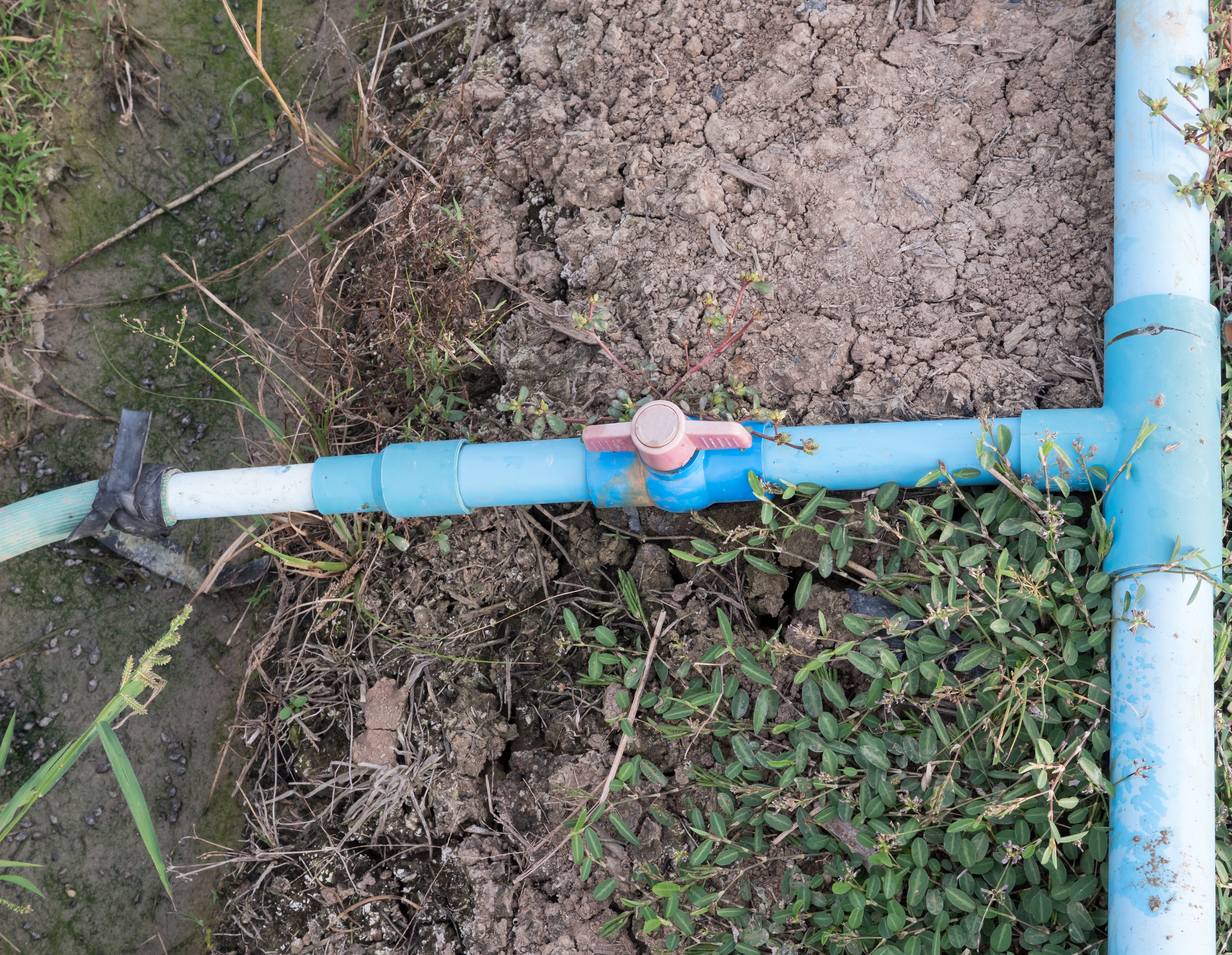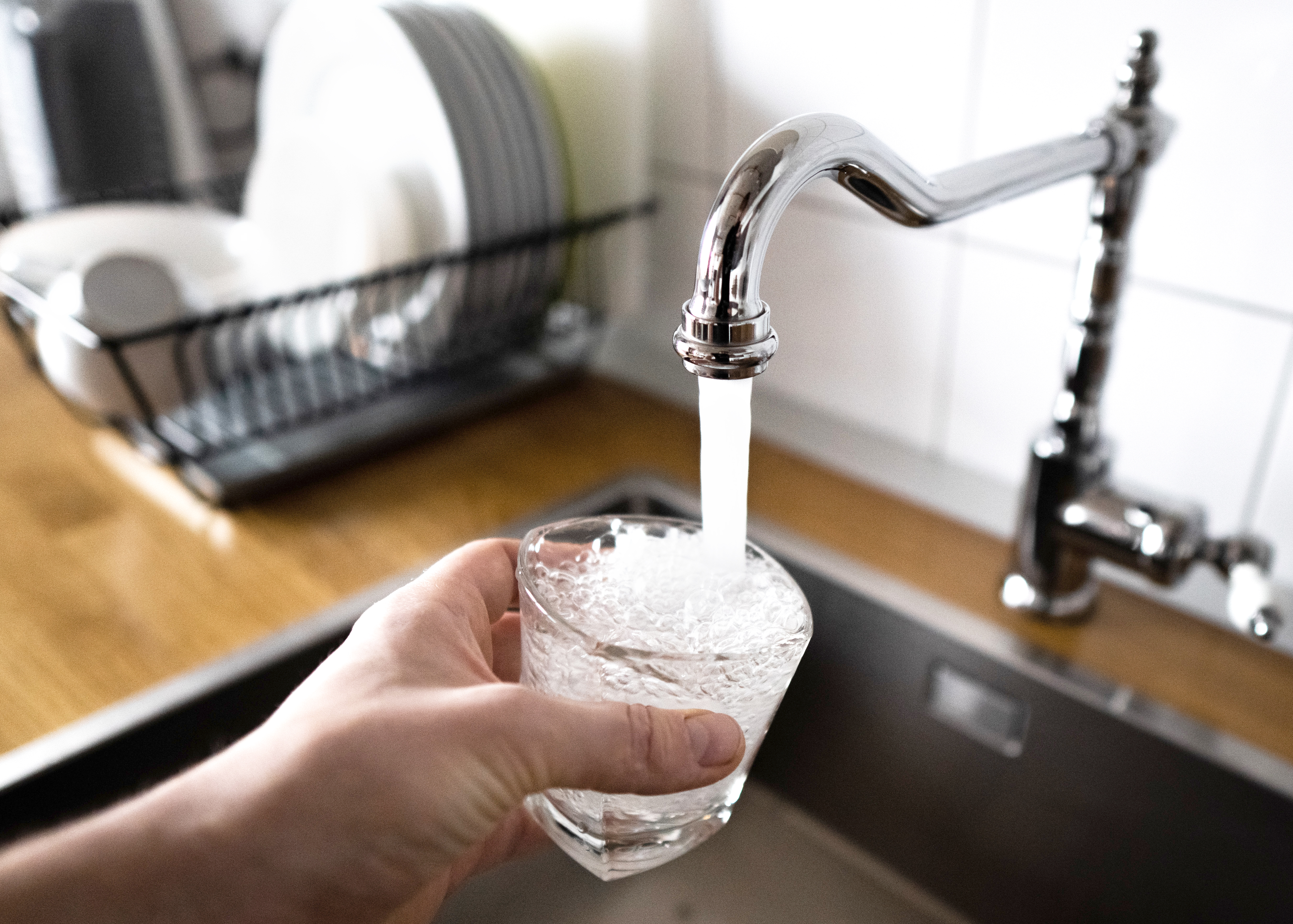
Learn how much plumbers cost in Columbus, Ohio. Discover pricing for faucet repairs, pipe work, and emergency services, plus how you can save money.
Main water line replacement in St. Louis costs $2,231 on average. The average range is from $1,214 to $3,247, depending on factors such as length, materials, and the installation method.


The cost of replacing your home's main water line in St. Louis depends on installation specifics, materials, and length.
The average cost range for the job is between $50 and $150 per linear foot.
St. Louis homeowners pay more than the national average for the task despite the lower-than-average cost of living in the area.
PVC and PEX are the most common main water line materials in the St. Louis area due to their durability and budget-friendliness.
The cost of living in Missouri is somewhat lower than the national average. However, the average main water line replacement in St. Louis is $2,231, with a typical range of $1,214 to $3,247, which is higher than national averages. The need to bury water lines deep to protect them from freezing and the location's challenging soil conditions contribute to the higher costs.
The primary factors that determine the cost of your main water line replacement are its length, materials, and the installation method. Your local plumber understands the clay-soil challenges and frost-line requirements in the area related to installing underground piping. They're the best resource when choosing who to call if your water main breaks.
Length is the multiplier that determines the total costs of several of the other main water line pricing factors. Because of this, the distance between your home and the city's water supply pipe can be a significant cost factor. Expect to spend between $50 and $150 per linear foot for most replacements and up to $250 per foot for particularly challenging installation situations.
Because of the climate in St. Louis, your home's main water line requires installation at least 32 inches below ground level for freeze protection. Your plumber will use one of two methods to achieve that depth. These include either digging a trench or tunneling from the city's water supply line to your home.
Digging a trench to access the water line is the more costly option. Trenchless installation is more budget-friendly and involves creating a borehole or tunneling, which is faster and less intrusive. Most of the St. Louis area has clay-based soil, which is friendly to the tunneling option. However, above- and below-ground obstacles can mean that a combination of the two methods is necessary.
| Installation Method | Average Cost Range (per linear foot) |
|---|---|
| Trench | $50–$150 |
| Trenchless | $75–$250 |

The per-foot cost of materials is a significant factor in the cost of replacing your home's main water line. However, because of the alkaline soil conditions in most of St. Louis, corrosion is only a moderate concern when choosing materials for the job. Bigger concerns are durability and cost-effectiveness. PEX and PVC are the most common material choices for having both of these attributes.
| Material | Cost (per linear foot) | Pros | Cons |
|---|---|---|---|
| Copper | $2–$10 | Durable, freeze-resistant | Costly, susceptible to corrosion in acidic soil |
| PEX | $0.40–$2 | Budget-friendly, flexible, freeze-resistant | Requires special fittings |
| PVC | $0.50–$5 | Budget-friendly | Susceptible to various damages |
| Cast Iron | $2–$10 | Durable, freeze-resistant | Outdated, rusts, susceptible to corrosion, costly |
| FRP | $5–$10 | Durable, freeze-resistant | Costly |
Accessibility, or how easily your plumber can reach the installation location, is an essential factor in the cost of water line replacement. Landscaping obstacles, driveways, sidewalks, boulders, and tree roots can all create challenges that can increase the job's cost by requiring more labor hours. Expect to pay higher installation costs where these obstacles exist or if trenching is necessary for all or part of the job.
After installation, your plumber will need to connect the new line to your home's and the city's water systems. While the associated cost will be part of your pricing estimate, unexpected problems can increase the price of the work. Expect to spend an additional $300 to $1,000 if your home's main shut-off valve requires replacement or retrofitting to accommodate the new line.
Replacing your home's main water line isn't a DIY task. The job requires the specialized tools and experience of a water main expert in the St. Louis area. Depending on the installation specifics, your installation may also require other professional services to complete the job.
Expect labor costs to make up between 35% and 60% of the total job cost, which equals between $18 and $90 per linear foot, on average. This reflects a labor cost for replacing your water line in and around St. Louis that's in line with national averages.
Main water line replacements require your plumber to obtain a permit and manage the inspections for the removal and installation work. The permit price is part of your cost estimate and ranges from $100 to $500, depending on the scope of work.
If your water main replacement requires trenching or temporary alteration of your landscaping, or your home's foundation needs repair during or after the installation, you may require one or more of these additional services.
Landscaping costs: $1,250–$6,300
Driveway contractor costs: $3,100–$7,400
Foundation repair costs: $2,200–$8,100
Because a functioning main water line is a necessary component of a house, homeowners won't experience much of a return on their investment for replacing it when problems come up. However, failing to replace or repair a faulty water line can negatively affect the home's resale value. Additionally, promptly tackling existing main water line problems can reduce the likelihood of experiencing potentially expensive damage to the house, its foundation, or landscaping.
Home is the most important place on earth, which is why Angi has helped more than 150 million homeowners transform their houses into homes they adore. To help homeowners with their next project, Angi provides readers with the most accurate cost data and upholds strict editorial standards. We survey real Angi customers about their project costs to develop the pricing data you see, so you can make the best decisions for you and your home. We pair this data with research from reputable sources, including the U.S. Bureau of Labor Statistics, academic journals, market studies, and interviews with industry experts—all to ensure our prices reflect real-world projects.
Want to help us improve our cost data? Send us a recent project quote to [email protected]. Quotes and personal information will not be shared publicly.
From average costs to expert advice, get all the answers you need to get your job done.

Learn how much plumbers cost in Columbus, Ohio. Discover pricing for faucet repairs, pipe work, and emergency services, plus how you can save money.

Learn about main water line repair costs in Columbus and what affects pricing to be prepared before you start getting estimates.

Repairing a main water line is an urgent matter, so use this guide to get an idea of how much main water line repairs cost to act fast.

If your faucet hasn’t been working like it used to, you might need a replacement. Here’s how to replace a kitchen faucet like a plumbing pro.

Winter can be particularly harsh on your plumbing—from water heater issues to frozen pipes. As the weather gets chilly, use these tips to prepare your home and avoid a costly winter plumbing leak.

Accidents can cause your sewer pipe cap to break. While fixing it is essential, don’t jump right in. This guide will prepare you with must-know tips.